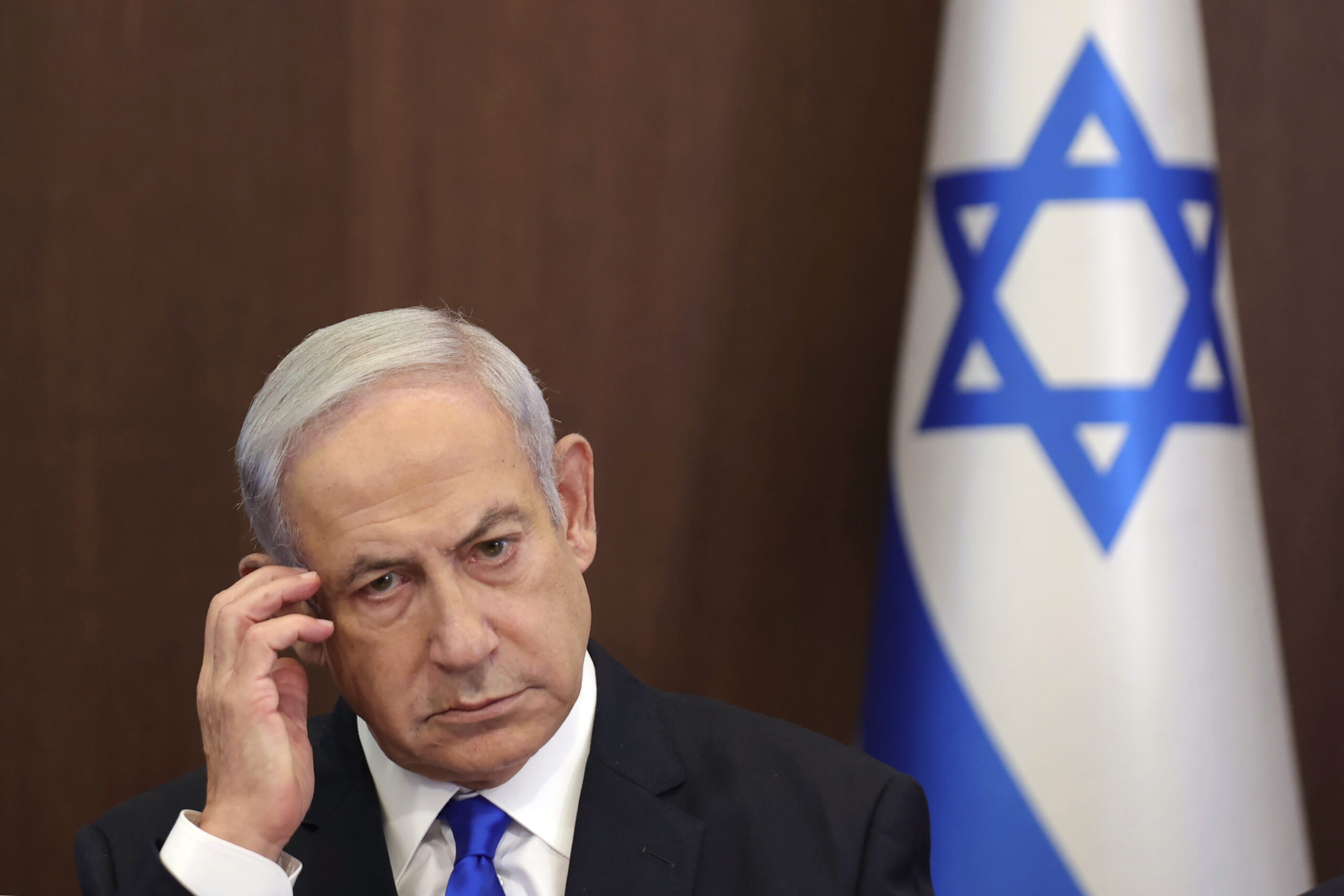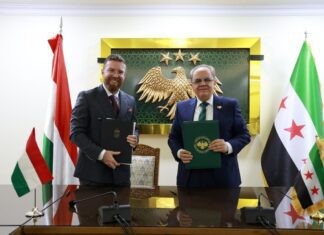
In a landmark legal move, South Africa has intensified its efforts to hold Israel accountable for alleged war crimes and genocide in the Palestinian territories. The South African government submitted a comprehensive memorandum to the International Court of Justice (ICJ), charging Israel with violations of the 1948 UN Convention on the Prevention of Genocide. The memorandum includes forensic evidence of alleged genocide in Gaza, according to a South African diplomatic source speaking to Anadolu Agency.
The ICJ’s handling of South Africa’s case has already led to preliminary rulings against Israel. On May 26, 2024, the ICJ ordered Israel to halt its offensive in Rafah, Gaza, the third such mandate aimed at limiting civilian casualties and addressing humanitarian concerns. Israel is expected to file a counter-memorandum by July 28, 2025, to address South Africa’s claims.
South Africa’s Minister of International Relations and Cooperation, Ronald Lamola, emphasized that the memorandum includes “more evidence, interspersed with forensic details,” to support South Africa’s claims of genocide in the Gaza Strip. This case, filed on December 29, 2023, has garnered support from nations including Turkey, Spain, Nicaragua, Mexico, Libya, and Colombia, signaling a significant international alignment on the matter.
Israel is leveraging diplomatic channels to counter the ICJ proceedings. Reports from US-based online news outlet, Axios, indicate that the Israeli Foreign Ministry has urged US lawmakers, including members of Congress, governors, and Jewish organizations, to pressure South Africa to withdraw the case. This strategic approach is a sign of a growing diplomatic rift between Israel and South Africa.
Simultaneously, the International Criminal Court (ICC) in The Hague is considering a separate case involving Israeli Prime Minister Benjamin Netanyahu and Defense Minister Yoav Galant. Both officials face potential charges for war crimes and crimes against humanity, tied to Israel’s military actions in Gaza. Prosecutors initially requested arrest warrants in May 2024 – however, procedural delays have postponed the ICC’s decision.
The recent replacement of presiding Judge Iulia Motoc of Romania with Judge Betty Holer of Slovenia for health reasons may further delay the case. Judge Holer will need additional time to review case documentation before any ruling on arrest warrants can proceed, according to Israel’s Channel 12.
Israel contests the ICC’s jurisdiction, as it is not a signatory to the Rome Statute, the treaty establishing the ICC. Israel also disputes the Palestinian territories’ eligibility to refer cases to the ICC, contending they lack recognized statehood under international law. However, in 2021, the ICC’s Pre-Trial Chamber I ruled that the court could exercise jurisdiction over alleged crimes within Palestinian territories, including Gaza, the West Bank, and East Jerusalem.
The principle of complementarity underpins Israel’s position, arguing that the ICC may only intervene if national judicial systems are unwilling or unable to prosecute. Israeli officials maintain that its judiciary is fully capable of addressing any allegations, challenging the court’s legitimacy in this case.
The ICC’s decision on the potential arrest warrants for Netanyahu and Galant remains pending. Meanwhile, the ICJ has ordered Israel to cease operations in Gaza as it evaluates the genocide case, signaling ongoing international scrutiny. Both cases exemplify the rising momentum of legal efforts aimed at addressing alleged war crimes and accountability for leaders, with broader implications for international law and global diplomacy.








